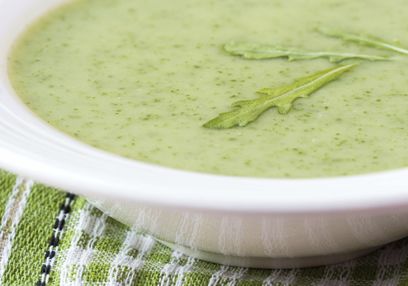Hives
Hives can occur anywhere on the body and can present in all shapes and sizes. The duration of hives varies greatly – most will resolve within 24 hours but some may last for as long as six weeks. In cases of chronic hives, a person may be affected for months.
Both allergic and non-allergic hives are the result of inflammatory mediators released by cells in the skin. This leads to a dilation of local blood vessels, subsequent fluid leakage, and, consequently, hives. Histamine is the chief inflammatory mediator released as a response by our immune system, and is technically a protective mechanism when the immune system encounters a substance it does not like.
What causes urticaria?
Many external and internal compounds that the body encounters may lead to a reaction involving hives. Some common causes are described below:
- Foods – Some foods, especially common allergens like peanuts, eggs, nuts, and shellfish, may cause hives in those who are allergic to these foods.
- Inhaled allergens – Inhaling offending substances such as dust, pollen, moulds, and dander may cause an allergic reaction and result in the formation of hives.
- Drugs – Some drugs may cause urticaria often within 48 hours of drug exposure. Antibiotics, penicillin, aspirin, and ACE inhibitors are common culprits in drug-induced hives.
- Contact – Hives can be brought on when contacting offending agents, such as latex and plants like poison ivy and poison oak.
- Autoimmune and other underlying systemic diseases – Chronic urticaria may be secondary to autoimmune diseases including rheumatoid arthritis and lupus, or to viral infections such as hepatitis.
- Emotional stress – When emotional stimuli are the trigger, the onset is almost immediate, occurring seconds to minutes after the offending stimulus.
- Physical stress – High physical demands placed on the body, such as physical exercise, may result in the formation of hives.
When are hives dangerous?
While hives may be bothersome for some, they are typically self-limiting and pose no danger. It is rare for hives to scar the skin or cause bruising. Occasionally, however, they may result in a medical emergency.
During a severe allergic reaction, for example, they may appear in the throat, tongue, or lungs and can block your airways, making it difficult to breathe. Stridor, wheezing, or respiratory distress are signs that breathing is labourous. Swelling of the face, lips, or tongue are also red flags. When there is uncertainty about the severity of hives, it is best to consult a primary healthcare provider.
Ways to reduce or prevent urticaria:
- Avoid triggers – If you cannot pinpoint the offending trigger, try an elimination diet.
- Get tested for allergies – If an allergic reaction is the cause, a blood test or skin prick test can confirm you have an allergy.
- Avoid heat – Heat and hot water may exacerbate the itchiness that accompanies hives. Applying a cold compress will help vasoconstrict blood vessels and reduce the release of histamine.
- Avoid tight-fitting clothing – Tight clothing can rub against hives and lead to more itchiness and redness.
- Seek symptomatic relief – Urtica dioica, also known as stinging nettle, is an effective botanical that can reduce symptoms of allergic rhinitis.
- Take Vitamin D – Low levels of vitamin D have been linked to dysregulated immune function. Supplementing with vitamin D (not exceeding 2,000 IU per day) may help reduce and better modulate future flare-ups of hives.
References:
http://www.merckmanuals.com/professional/dermatologic-disorders/approach-to-the-dermatologic-patient/urticaria
http://www.aafp.org/afp/2011/0501/p1078.html
https://www.aad.org/public/diseases/itchy-skin/hives
http://www.webmd.com/allergies/guide/hives-urticaria-angioedema
http://www.ncbi.nlm.nih.gov/pmc/articles/PMC4203568/






